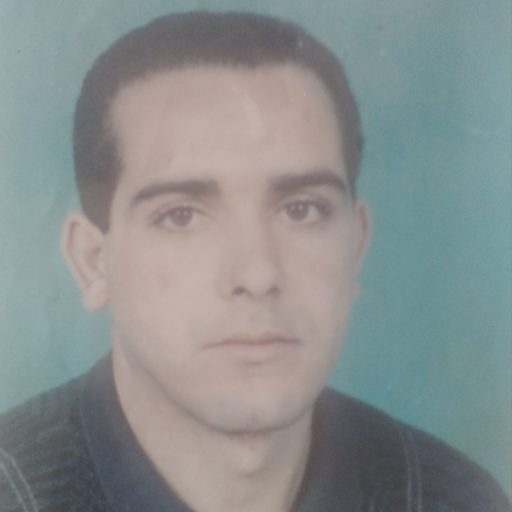
Djillali Larbi
Date of arrest: 1994-05-25
Forces responsible: Gendarmerie
Summary
In the late morning of May 25, 1994, Djillali Larbi, accompanied by an employee, went by taxi to Mechraa Sfa, a village located approximately nine kilometres from his farm, to run some errands. At a gendarmerie checkpoint set up at the entrance to the village, Djillali Larbi’s identity papers were checked. He was then taken to the local gendarmerie headquarters. His family immediately went to Mechraa Sfa, but the gendarmes refused to tell them why Djillali Larbi had been arrested and, despite repeated requests, did not allow them to see him. On May 31, 1994, the same gendarmes told family members that Djillali Larbi had been transferred to the gendarmerie of Mellakou. His family went to Mellakou, where they were able to see him. Djillali Larbi’s face bore visible signs of torture. On June 8, 1994, after 13 days in custody, Djillali Larbi was brought before the Public Prosecutor of Tiaret and was taken back to the same gendarmerie that same day. Members of his family were allowed to see him during the days that followed. He told them that he had waited several hours at the Prosecutor’s office, but had not appeared before the Prosecutor, who had ordered the gendarmes to “take him back”. Djillali Larbi remained in custody in Mellakou until June 13, 1994. On June 14, when his father went to bring him food, the gendarmes refused to take it, saying that his son “had been transferred”. The family has had no news of him since.
Steps taken
1994: After repeated requests, Djillali Larbi’s family manages to file a complaint with the Public Prosecutor of the Tribunal of Tiaret.
September 1994: His family writes to the National Observatory for Human Rights.
1995: His family goes back to the same prosecutor on several occasions, to no avail.
1998: His family goes on several occasions to the Court of Tiaret to find out what action had been taken as a result of their complaint, to no avail.
May 19, 2004: His family writes to the head of police and to the wali (prefect) of the wilaya (prefecture) of Tiaret, to the President of the National Advisory Commission for the Promotion and Protection of Human Rights, and to the President of the Republic, to no avail.
November 29, 2006: His family submits a letter to the President of the Republic and the Public Prosecutor of Tiaret, without obtaining a reply.
October 24, 2008: Having exhausted all domestic remedies, Djillali Larbi’s family seizes the UN Human Rights Committee.
Decision of the Human Rights Committee
Right to life, prohibition of torture and cruel or inhuman treatment (including in relation to the author), right to liberty and security of person, respect for the inherent dignity of the human person, recognition as a person before the law and the right to an effective remedy (including in relation to the author); unlawful interference with the home.
The State party must provide the author and his family with an effective remedy, including by: (a) conducting a thorough and rigorous investigation into the disappearance of Djillali Larbi; (b) providing the author and his family with detailed information about the results of its investigation; (c) releasing him immediately if he is still being detained incommunicado; (d) in the event that Djillali Larbi is deceased, handing over his remains to his family; (e) prosecuting, trying and punishing those responsible for the violations committed; and (f) providing adequate compensation to the author and his family for the violations suffered as well as to Djillali Larbi, if he is still alive. The State party should ensure that it does not impede enjoyment of the right to an effective remedy for the victims of crimes such as torture, extrajudicial killings and enforced disappearances. The State party must also prevent similar violations in the future.




